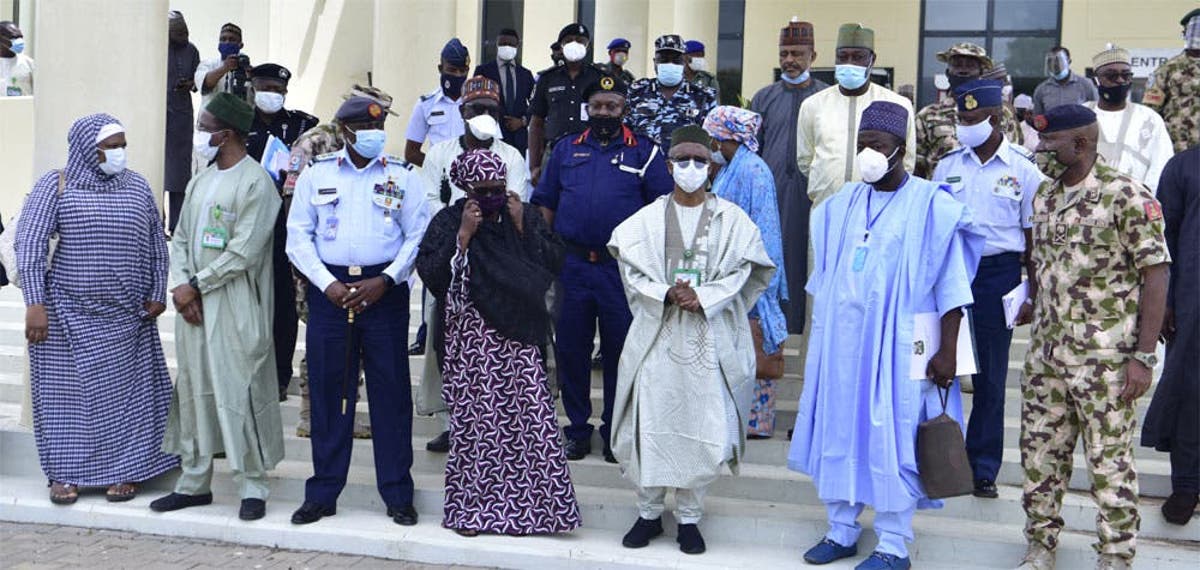Since 1987, up until now, the Southern part of Kaduna State has been enmeshed in a bloody war of attrition. It has been a ding-dong affair of attacks and reprisal attacks by both sides of the armed conflict. Though participants, causes and courses of the war are well-known, there is still no practicable, agreeable solution in sight yet. And given the manner in which the banditry started 33 years ago, and allowed to fester, it has been described variously as a war between Moslems and Christmas; Hausa and Fulani; indigenes and invading land grabbers; herdsmen and farmers; and many other nomenclatures.

Nevertheless, what have made South Kaduna crises highly condemnable are the huge mortality figures and massive destructions that follow each attack and counter attack. The National Emergency Management Agency (NEMA), had reported that between October 2016 and January 2017, about 204 people were killed in Southern Kaduna attacks. The Catholic Church countered these figures with 808 people killed, 1,422 houses, 16 Churches, 19 shops and one primary school destroyed, within that period in the same location. More recently, 27 people were killed in cold blood, including 16 ambushed soldiers, on July 19/20 by suspected armed Fulani assailants.
The federal and state governments, especially Governor El-Rufai of Kaduna State, have tried to contain the crisis and prevent it from escalating. A permanent military base has been established in Kafanchan, including deployed troops from Operation Safe Haven and Nigerian army special forces. Also, an estate has been acquired as a permanent base for mobile police squadron in the area. Beyond this, El-Rufai believes that ‘the best guarantee of peace is the willingness of communities to live in peace and harmony, and resolve to settle differences through lawful means’.
What is astounding, however is that the deployment of troops and the police has never prevented attacks in the area. More shocking is that even when privileged information of an impending attack is passed on to security agencies, the attacks still takes place. Apparently, something is fundamentally wrong somewhere; either betrayal, hypocrisy, official compromise or political game plan, is going on. It was in view of these constant security lapses all over the country, that the National Assembly recommended that the security chiefs should be asked to step aside for fresh hands to take over.
The Commander of Operation Safe Haven, Major General Chukwuemeka Okonkwo has blamed the killings on the criminal elements on both sides of the conflict, namely, Kataf youths versus Fulani militia and their criminal supporters. He has denied that the widespread massacres amount to ethnic cleansing, as media houses reported. But the President of Christian Association of Nigeria, Rev. Samson Ayokunle, has blamed the federal and state governments for not being sincere in bringing peace in Southern Kaduna, despite all assurances to that effect. He sees it as a conflict between Hausa-Fulani herdsmen against indigenous Christian farmers, the use of extreme violence by one to destroy the lives and source of living of the other.
But according to Mr Magaji, a member of the House Caucus Committee, the S/Kaduna crisis is essentially a problem of inequality. There is no visible federal government presence in S/Kaduna, especially in Zango Kataf and it’s environs. To achieve lasting peace, government must go back to the root cause of the conflict, especially by reviewing the extant grazing laws of the area. While noting that both sides of the conflict were tired and ready for peace, he warned members of NASS and other government officials to desist from sabotaging the peace effort by going back to incite their peoples.
But reacting, the indigenous Kataf/Hausa claimed they have lived there for over 700 years. So, to deprive them of their means of livelihood, kill or evict them from their ancestral land, and supplant their people with invaders from other places remains unacceptable.
It is believed that for a last peace in Southern Kaduna, all stakeholders – traditional rulers, local government administrators, politicians, the governor, NASS representatives and the federal government, must first embrace peace sincerely. In addition, the 1987 and 1992 government white papers on the conflict must be implemented to the letter.
By John Daniel Obioma


